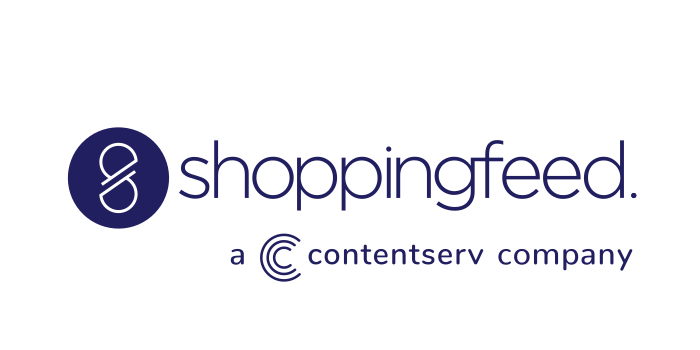
In our last report on the e-commerce payment processing wars, we talked about the new Visa Checkout feature that offers one-click buying power to consumers shopping online. Customers using Visa can now click-to-pay on any e-commerce checkout page where the Checkout icon appears.
As e-commerce is poised to become a $15 Trillion industry, it’s no surprise that the credit card industry wants a bigger piece of the action, and e-commerce payment processing commissions have become the primary means.
Click-to-Pay is the latest battle line.
Any click-to-pay feature aims to simplify paying online by eliminating the frictions of needing to remember passwords and all the lengthy form fields at checkout. It’s intended to imitate the highly successful “Buy Now” button used on Amazon, which uses stored payment information to create an instant checkout experience. The other GAFA companies (Google, Apple and Facebook) all have or are developing their own innovative forms of payment processing products.
It’s a beautiful business model, actually. A win-win-win for everyone. And it’s begun getting attention from a wider field of players. It started with Amazon’s “Buy Now.” Then Google figured out how to capitalize on the stored account information of its millions of users by adding a field for payment information, so users can now instantly buy products they found via Google, with one click, using Google Shopping.
Apple has its own new credit card, though it’s not a portal to shopping marketplaces just yet. Facebook, whose goal has always been to keep users entirely within a Facebook-hosted bubble for all of their online activities, is now developing its own e-commerce “Portal,” which has yet to debut.
Some of the bigger tech companies are buying up assets in foreign markets. PayPal already owns Venmo, and recently bought a majority interest in GoPay, a Chinese e-commerce and payment solutions company operating throughout Asia.
Enter the Discount Comparators.
Another way that credit card companies and other payment processors are trying to deliver more value for buyers, more conversions for merchants, and more profit from transaction processing is through acquiring automatic discount code and coupon search engines.
These installed plug-ins work instantly and automatically to find the best possible deal before calculating the final price at checkout. (One of our editors recently tried the new PayPal/Honey checkout feature, and was instantly delighted when Honey provided $20 off a $95 purchase.)
Not to be left out, big banks are also now looking for a piece of this action.
Capital One leverages a new kind of weapon: crowdsourced discounting.
Capital One is a bank holding company specializing in credit cards, auto loans, banking, and savings accounts. It has brick-and-mortar banking operations in its home state of Virginia, but the bulk of its business has always been in commercial financial services. In the 1990’s, it started the trend of mass marketing credit cards to consumers.
Capital One has now acquired Wikibuy, a coupon-hunting value-add with a twist. The “wiki” in Wikibuy comes from the crowdsourcing concept. When it comes to finding lower prices, it works in a way similar to the popular navigation app, Waze. When one customer finds a great price on a product, other customers who have looked at that product are notified of the savings available from that merchant. It also maintains an independent website with trending deals at popular online stores.
If there are any additional discount codes available on the web, Wikibuy will serve those up to online shoppers who are using their Capital One cards for payment. Once a discounted price has been surfaced, future customers who have looked at the product will also see the lower price, and who’s offering it. The company claims that in the last year, before its integration with Capital One, Wikibuy found customers more than $70 million in savings.
Shifting battle lines highlight the need for a fluid strategy.
For e-merchants, Wikibuy presents an opportunity to win the Buy Box without locking them into one particular marketplace to complete the transaction. Capital One credit card holders – be it Mastercard or Visa – will enjoy the discount search results at checkout no matter what site they’re on, including the merchant’s own online store.
Wikibuy will lead them directly to any merchants who have posted discount codes. The discounted sale price is offset by the value of making the sale directly to a consumer and avoids transaction fees charged by marketplaces.
Amazon is still the leading marketplace worldwide (despite close competition from Walmart), but nevertheless these “payment processing wars” are a phenomenon they would do well to follow closely, as more and more competitors offer consumers new ways to buy.




